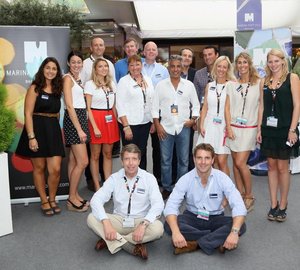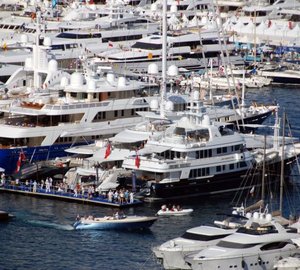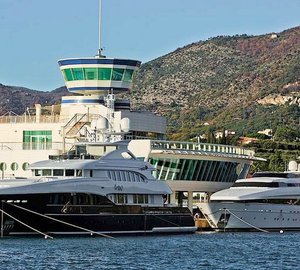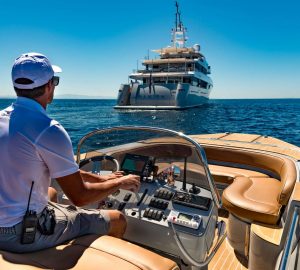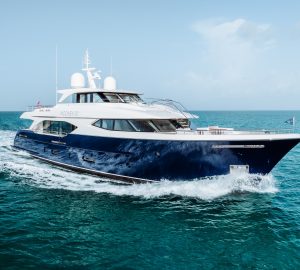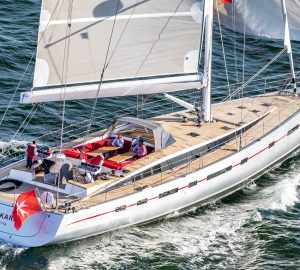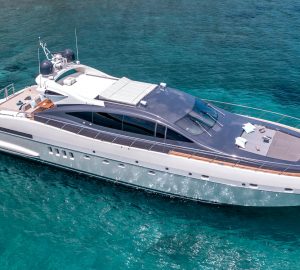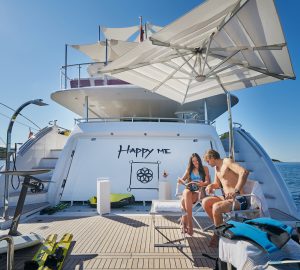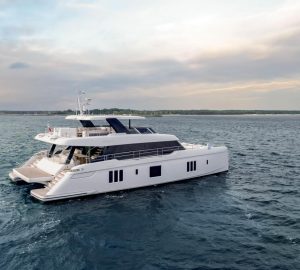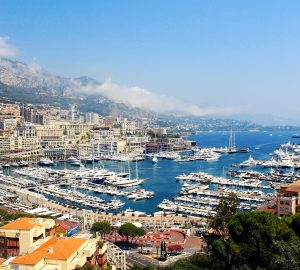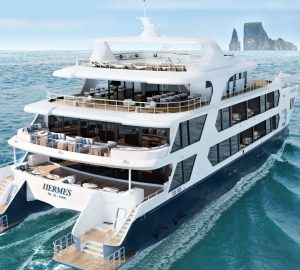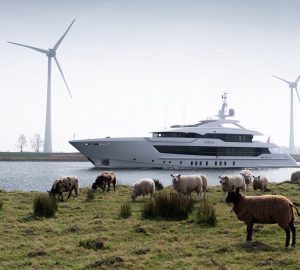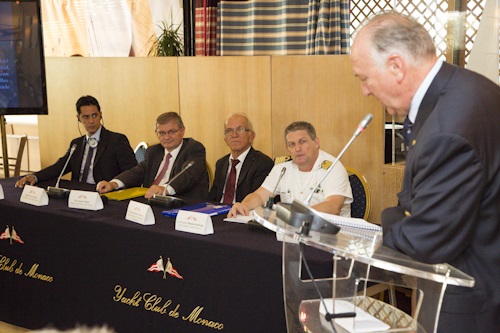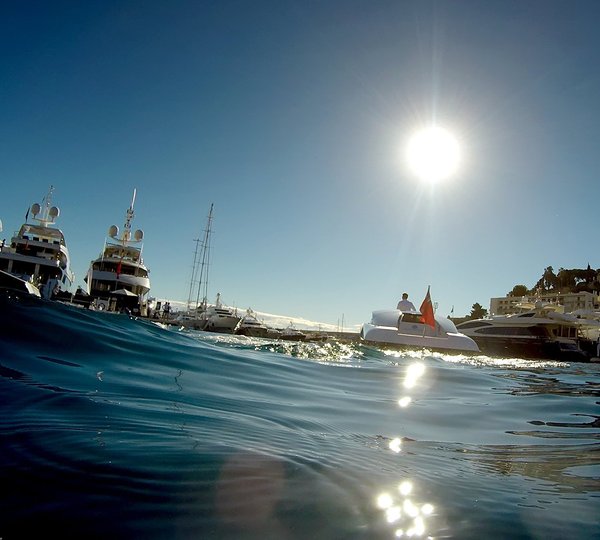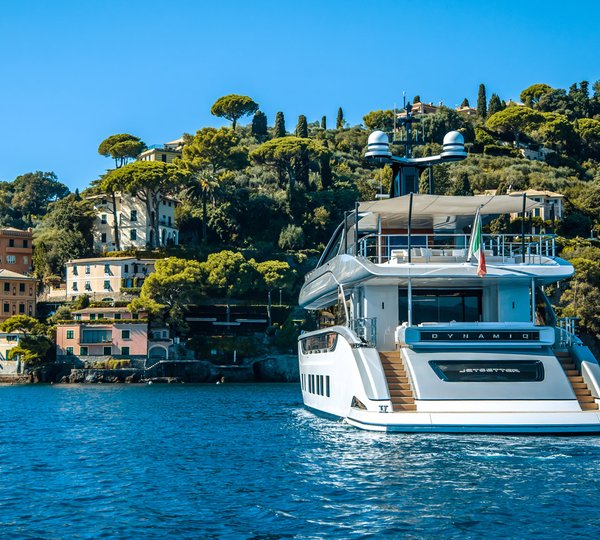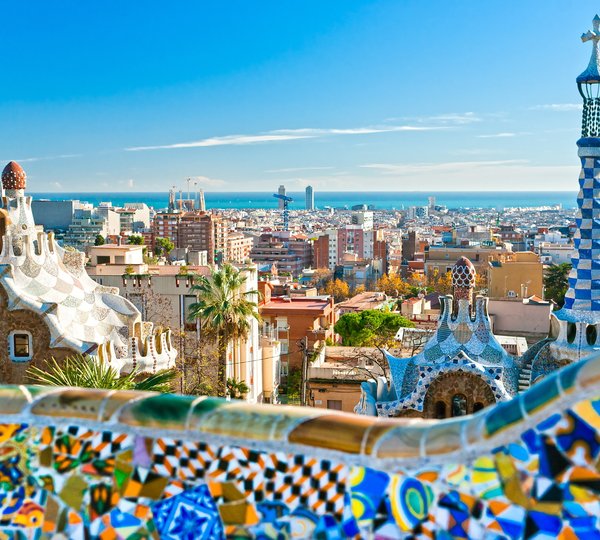This year’s Monaco Yacht Show was marked by the Captains’ Forum, organised by the Yacht Club de Monaco, in partnership with Only Yacht. The event hosted superyacht captains, invited to participate in two debates.
VAT for Charters: a headache for the professionals
Chaired by Jean-Louis Bissuel, International Maritime Consultant, the first debate discussed new measures relating to VAT on charters.
Representatives from the tax offices in Italy, Spain, France and Monaco outlined the situation as it stands in their respective countries.
For Monaco, it was explained that from 15 July 2013, a new ruling applies to rental operations and yacht charters for leisure purposes. These services are now subject to VAT according to the applicable statutory regulations. In Monaco it is based on French VAT legislation, and for vessels sailing in international waters, a rate of 9.6% which is half the standard rate is applied, in accordance with provisions laid down in Article 59a of the European Directive 2006/112/EC.
There was a reminder that to date VAT only applies to the “rental” part and not to provisions for the vessel.
It was explained that operations of this type are taxable in Monaco when the rental or charter of the pleasure yacht is located in Monaco, but that renters not established in Monaco are required to appoint a tax representative, subjected to VAT in the Principality.
In Italy, a rate of 21% is applicable for charters sailing within 12 nautical miles of Italy. For those going beyond this zone a reduced rate of 6.3% applies.
As for Spain, the government is planning to grant an exemption from registration tax for yachts over 15 metres, which is currently fixed at 12%. The aim is to open up and develop the charter business, as there is currently no provision in Spanish law allowing for a reduction in VAT in accordance with the provisions of Article 59a in the European Directive cited above.
It was a lively discussion and given the number of questions put to the speakers, it’s clear that there is a big need for clarification on measures applicable at a European and national level, as well as harmonisation between neighbouring states involved in similar activities.
Protecting cetacean species in the Mediterranean
Another highlight was the second debate introduced by Armelle Roudaut-Lafon, Director of Maritime Affairs in the Principality. She spoke about the problem of collisions between vessels and whales within the context of the ACCOBAMS agreement and Pelagos Sanctuary.
Given the significant mortality rate among marine mammals, the association Souffleurs d’écume helped develop REPCET, a system for plotting and sharing the positions of marine mammals in real-time via satellite. The more boat owners who use it the more effective it will be.
Keep abreast of latest developments, inform captains and owners, and raise awareness among the relevant public institutions – this is the mission assigned to the YCM as part of the “Monaco: Capital of Yachting” project, the aim of which is to unite and promote all those involved in this sector.

